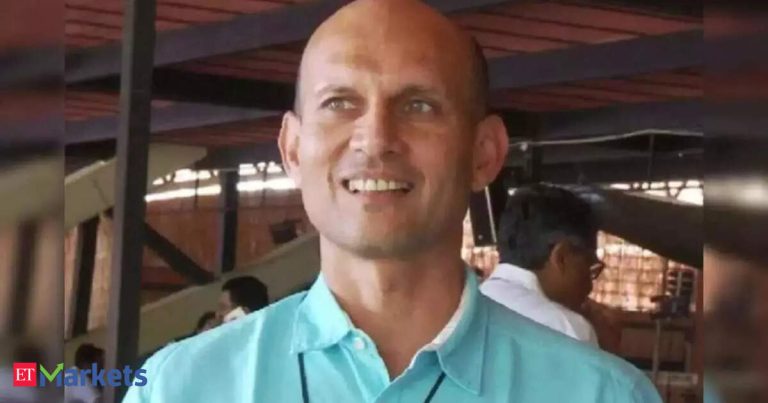Unlock the Editor’s Digest for free
Roula Khalaf, Editor of the FT, selects her favourite stories in this weekly newsletter.
Home secretary Yvette Cooper has been told by the Treasury to find savings from other parts of her budget in order to protect spending on the police, as haggling over the multiyear Whitehall spending review finally ended.
Downing Street said the spending review, to be announced by chancellor Rachel Reeves on Wednesday, was “settled”, after months of negotiations between ministers and the Treasury.
Cooper, who had been pushing for more funding for the police and border security, was the last minister holding out for more cash.
One official close to the discussions said the Treasury “can decide the negotiations are over.” Another said: “Negotiations have to end at some point for documents to be printed and speeches written.”
Reeves had insisted that police spending should be protected over the three-year period of the spending review, according to those briefed on the discussions.
One person briefed on the talks said police budgets would go up by a fixed rate of 2 per cent a year — the Bank of England’s inflation target. Another official noted that this might not be enough to cover wage inflation and that minor details were still being hammered out.
Police chiefs, including the Metropolitan Police’s Sir Mark Rowley, have publicly lobbied for more cash and were said to be relieved that the final settlement was not worse.
One senior police official said: “We will live with this. I don’t think people will be saying this is outrageous. It will be challenging, but we will do our best to deliver.”
Labour fought the election promising “safer streets”, including an increase in neighbourhood policing and a crackdown on knife crime and violence against women and girls.
One government official said the Home Office would spend the coming weeks working out how best to use extra investment in the department as well as using existing budgets to “deliver on government priorities”.
Angela Rayner, deputy prime minister, settled her housing and local government budget on Sunday, leaving Cooper having to accept what was left on the table from the Treasury’s three-year “spending envelope”.
That allows for departmental spending on day-to-day services to rise by an average 1.2 per cent above inflation every year for the next three years.
The Department of Health and Social Care — a Whitehall leviathan that funds the NHS — is receiving annual real terms increases of 2.8 per cent, leaving some departments facing real terms cuts.
The situation was “not unreasonable,” said one Treasury official. “There’s nothing that says that every department should automatically see its budget increase in real terms.”
Reeves’ spending review on Wednesday will set out headline totals for each department but individual cabinet ministers, such as Cooper, will then have to work out how to best allocate resources to their main priorities.
Although day-to-day spending is constrained, Reeves will focus on the £113bn of extra capital spending she will allocate for the rest of the parliament.
The spending on infrastructure — including roads, rail, housing and green energy projects — was made possible by Reeves’ decision to loosen her borrowing rules in her first Budget to allow more capital investment.
Meanwhile Torsten Bell, pensions minister, on Monday gave a clear hint that Reeves could also announce measures to tackle child poverty in her statement on Wednesday.
“We must move further on child poverty,” Bell told MPs. “We will come forward with a child poverty strategy soon. We have said clearly that all levers to reduce child poverty are on the table.”
Sir Keir Starmer, prime minister, has indicated he wants to end the two-child benefit cap, inherited from the last Conservative government, but a decision on that policy is expected to be made in Reeves’ autumn Budget.






